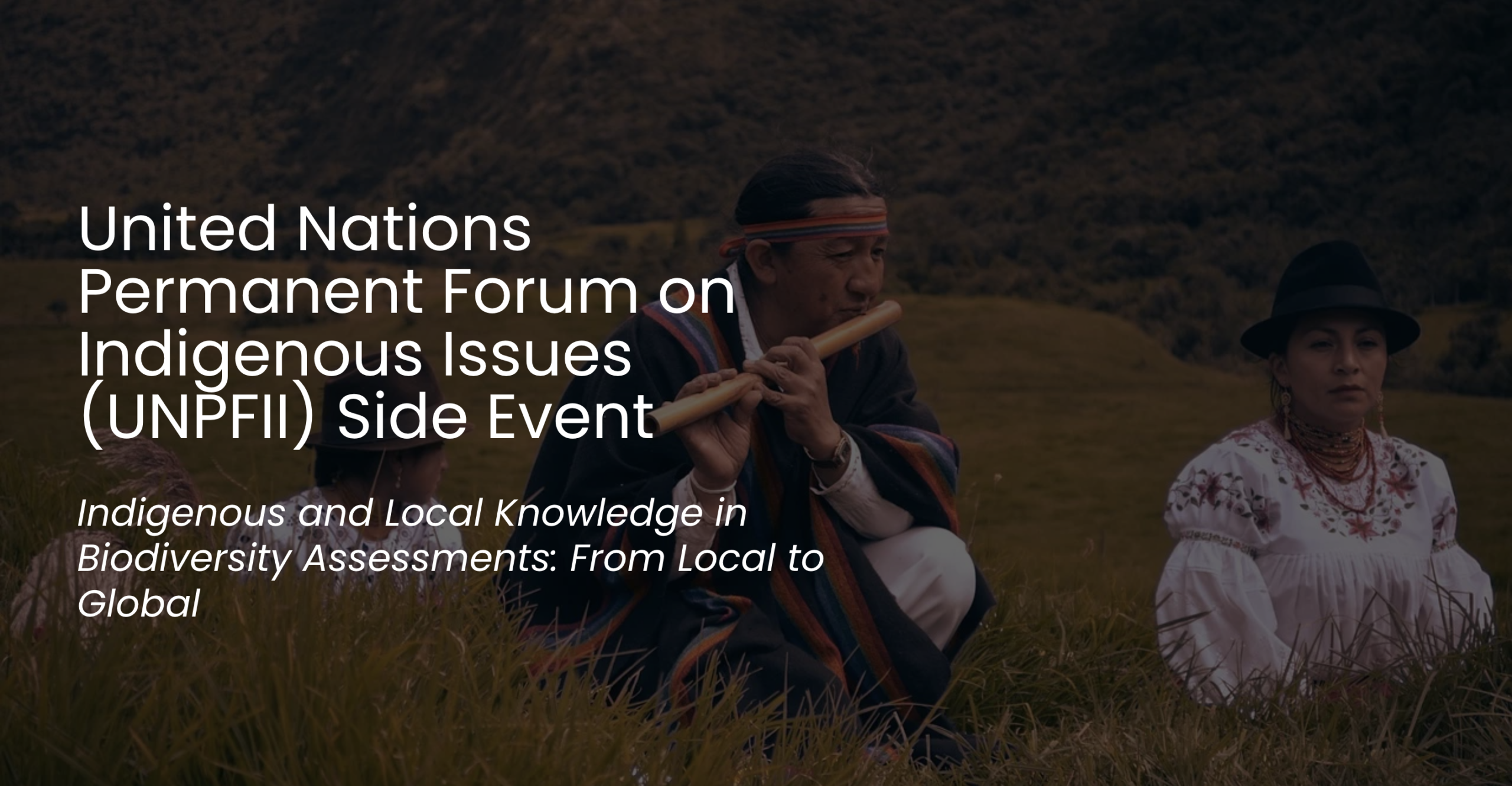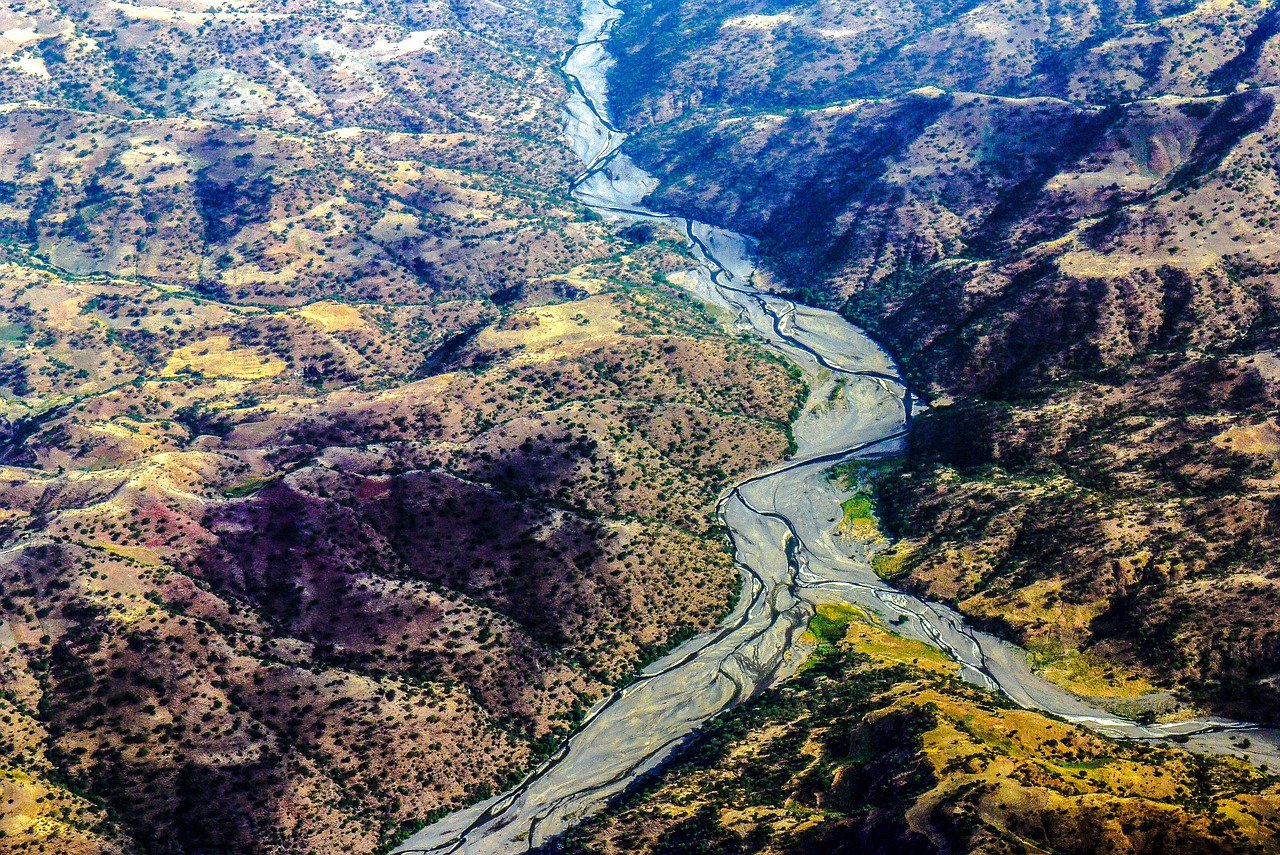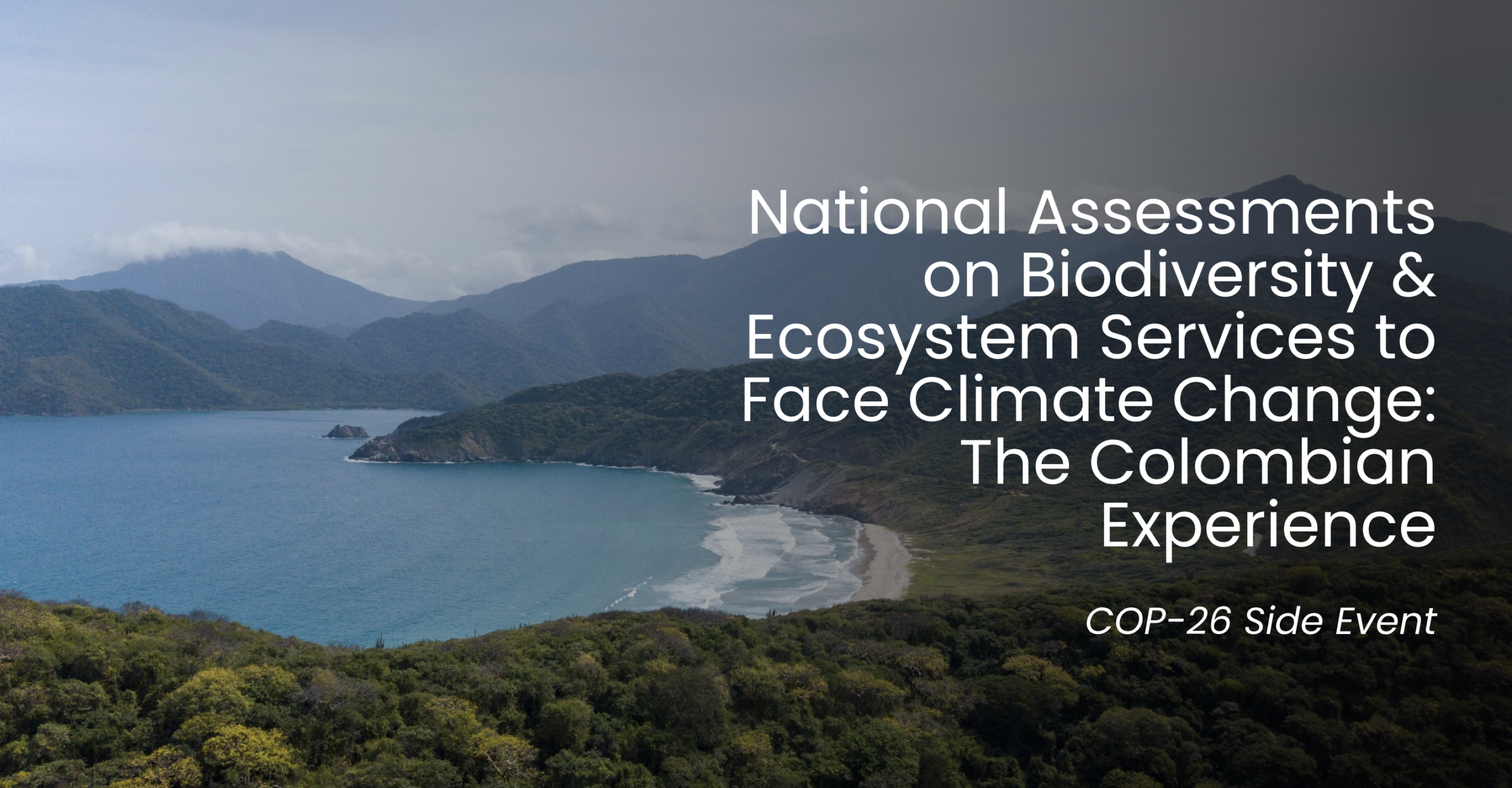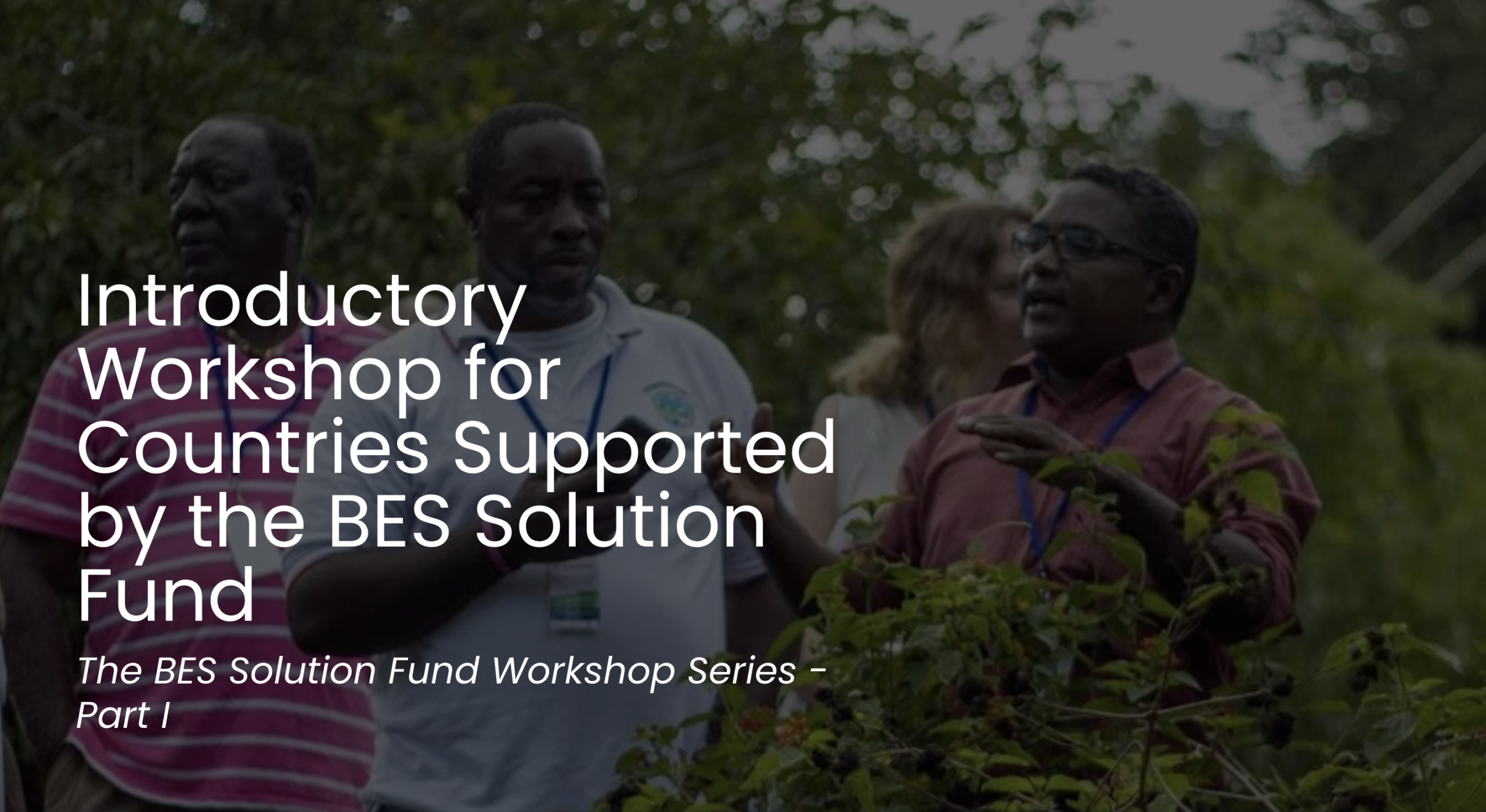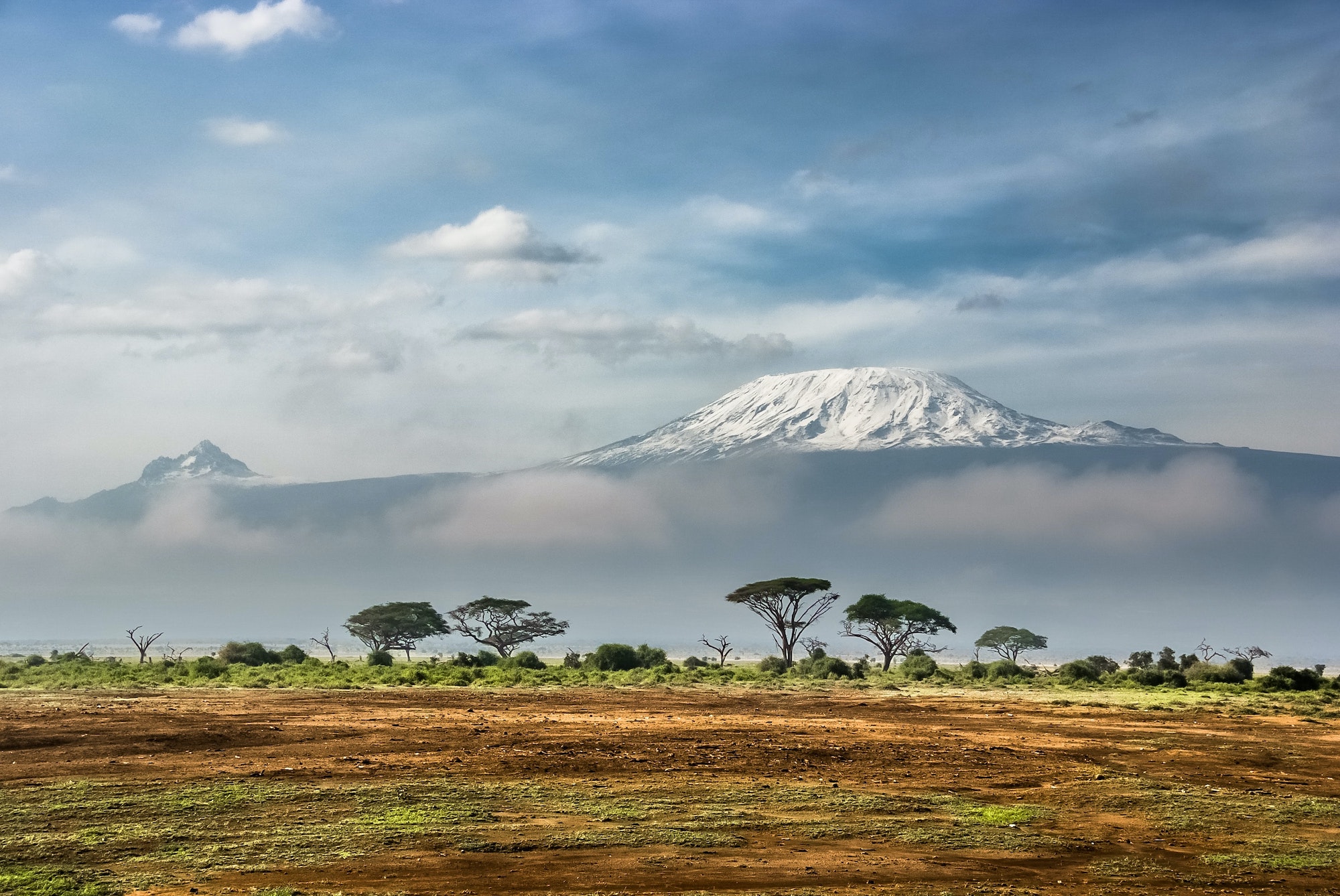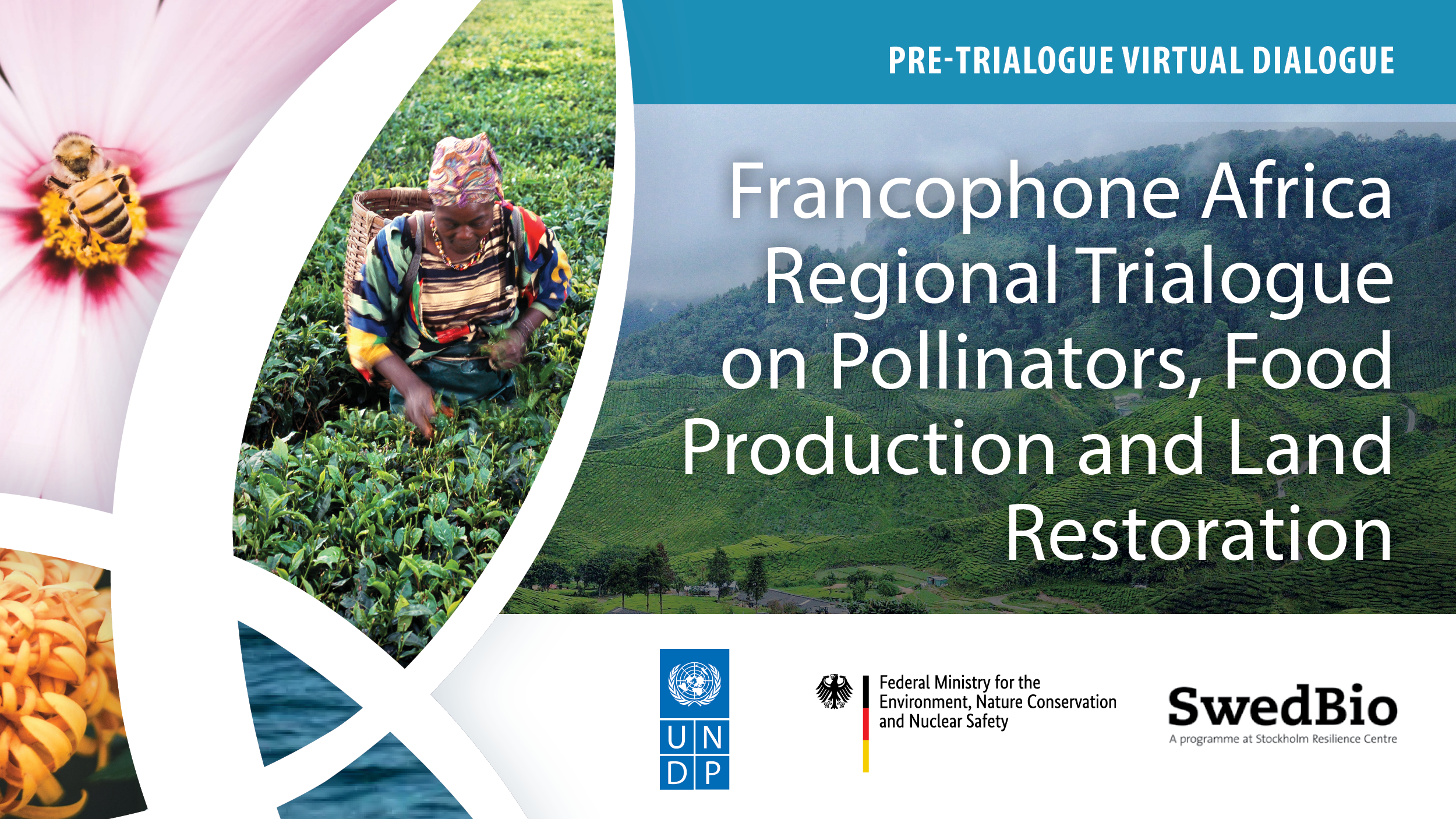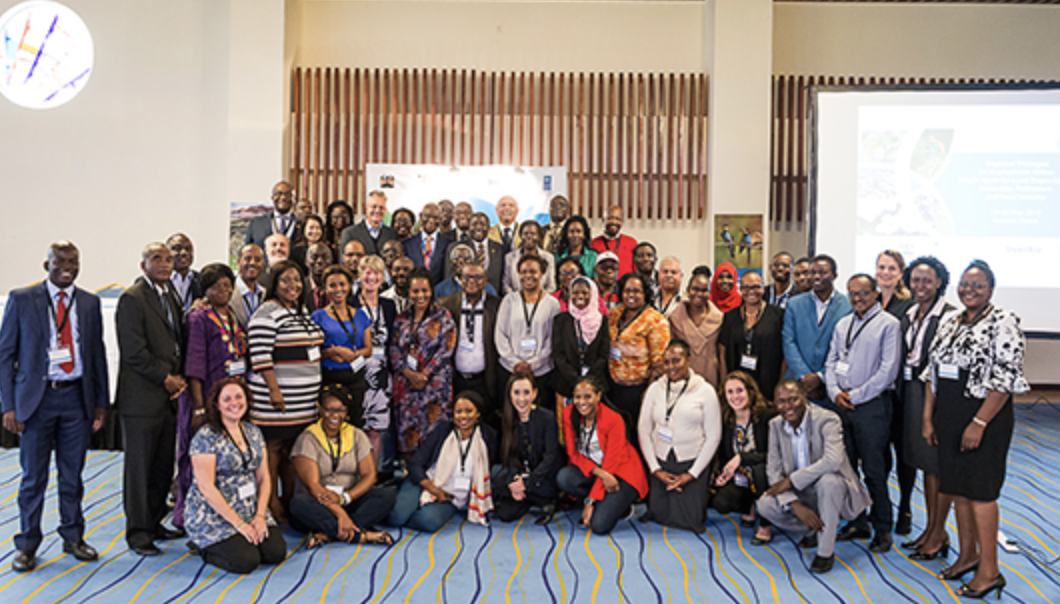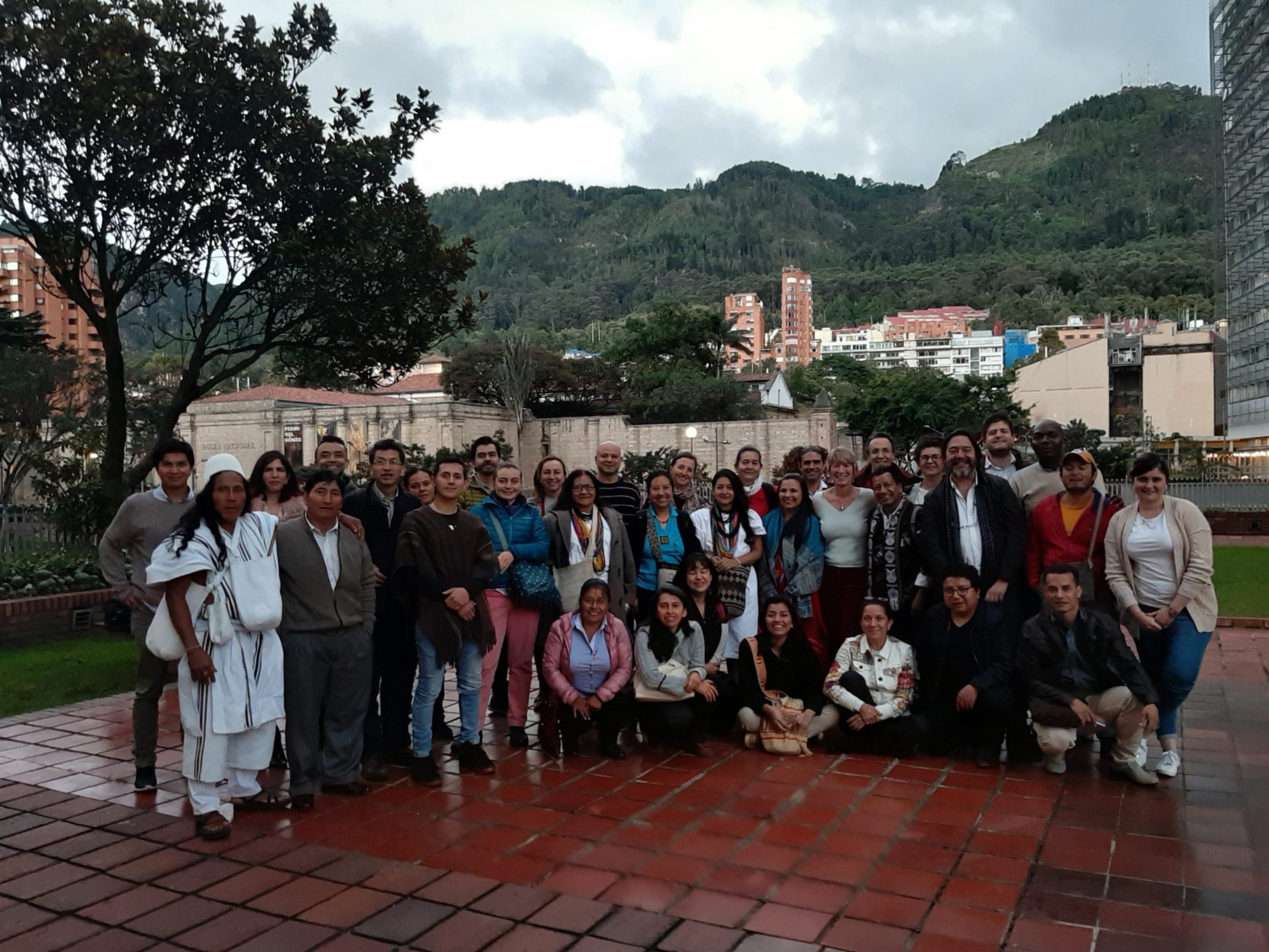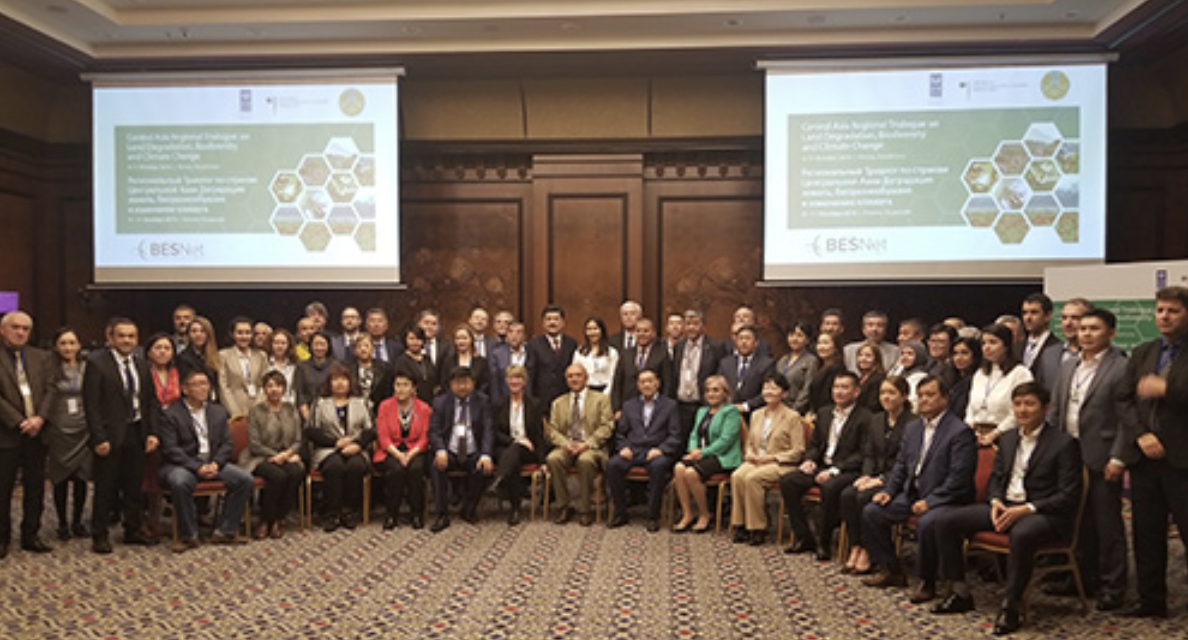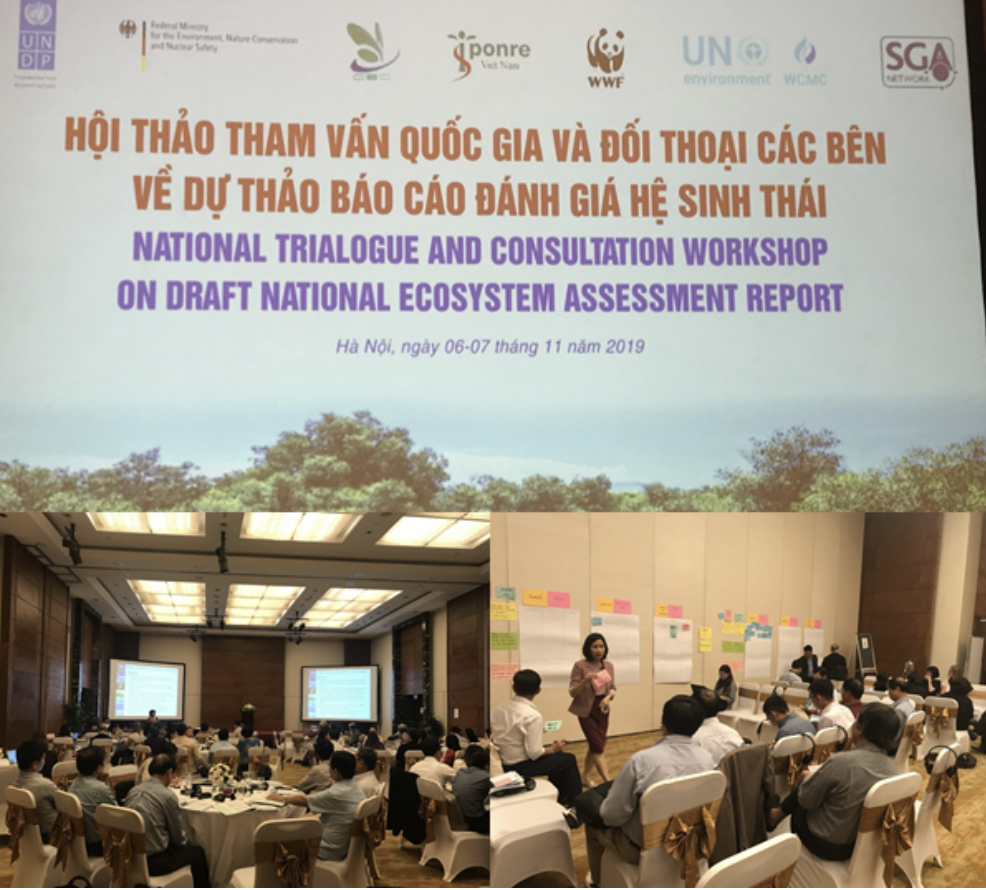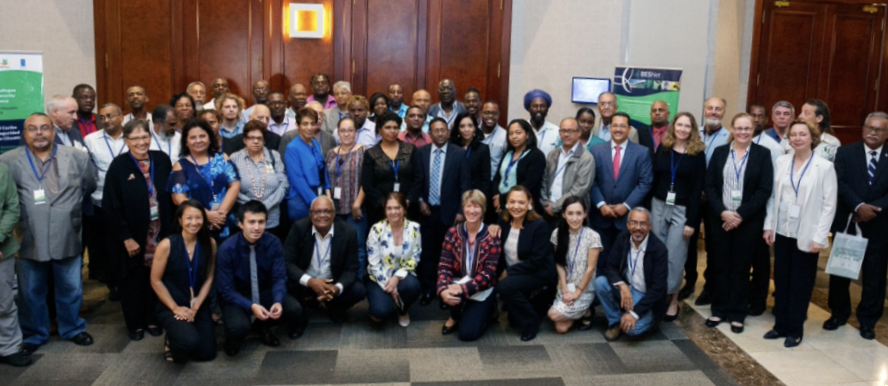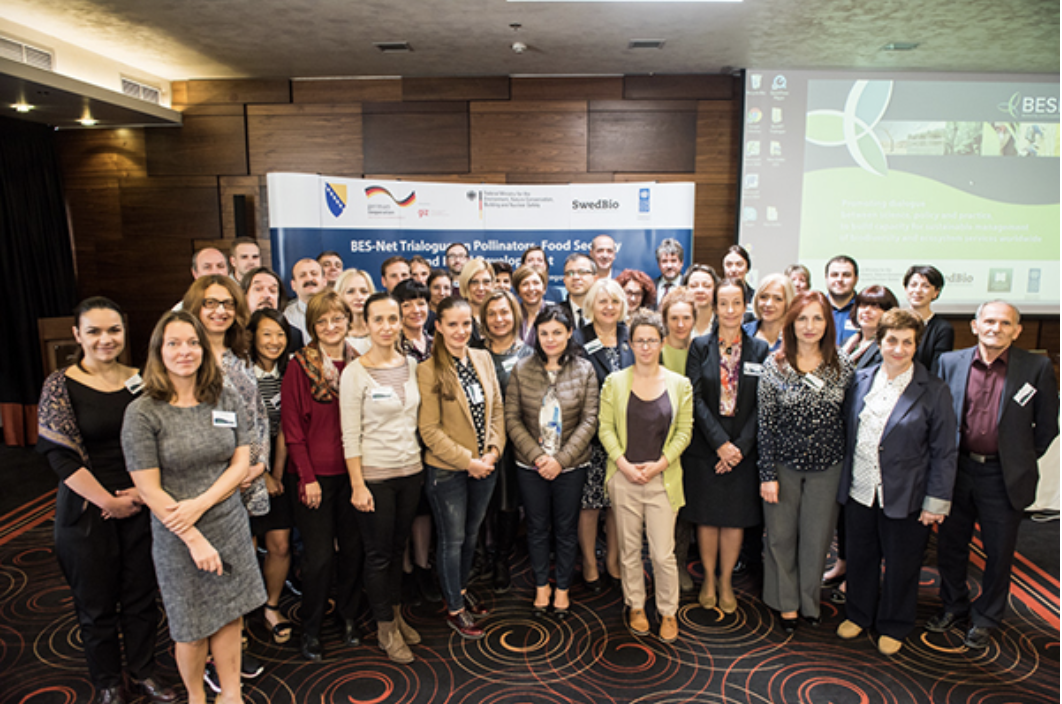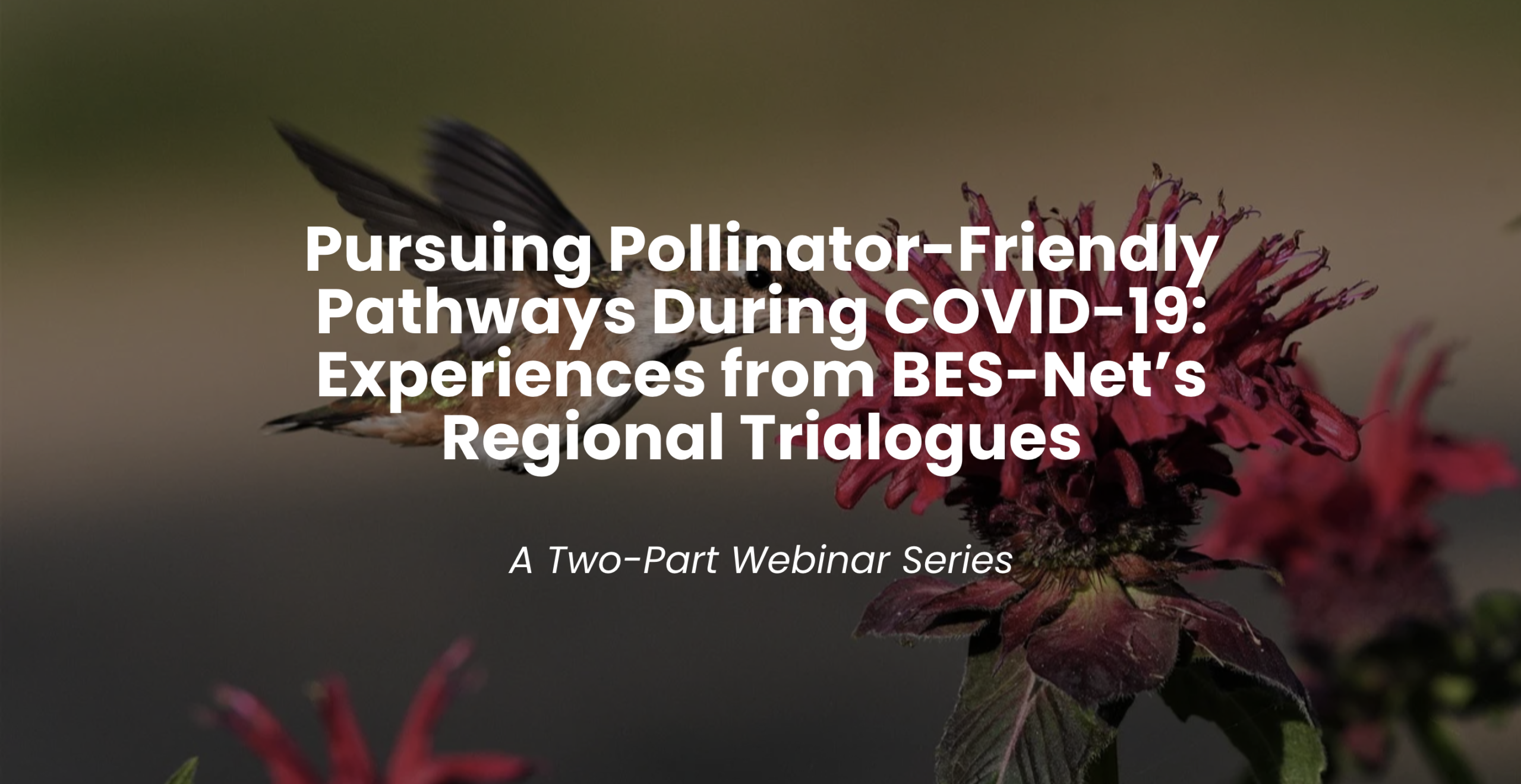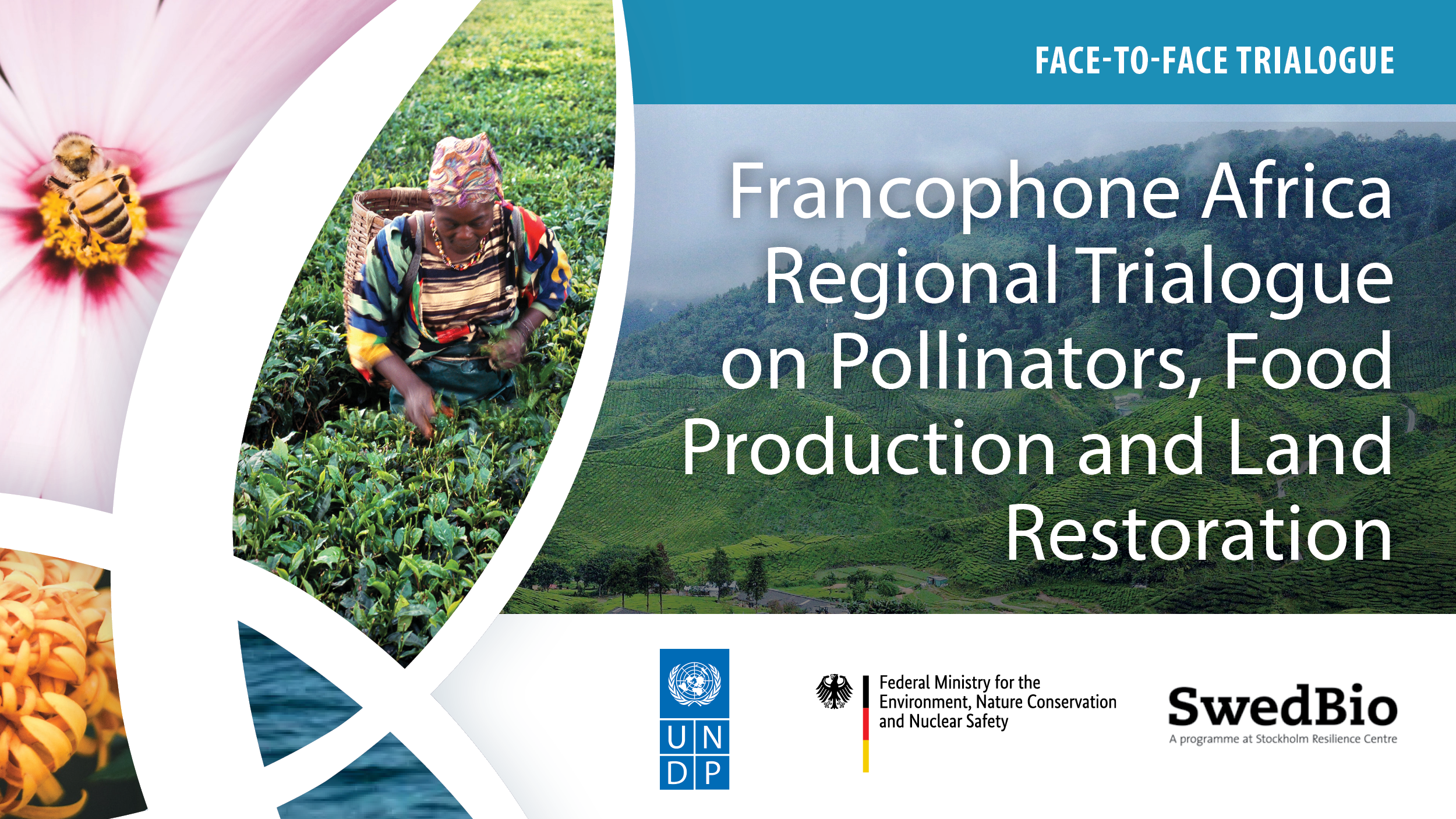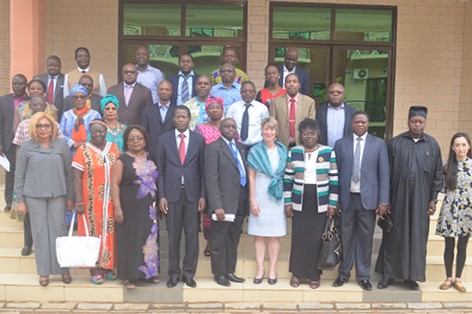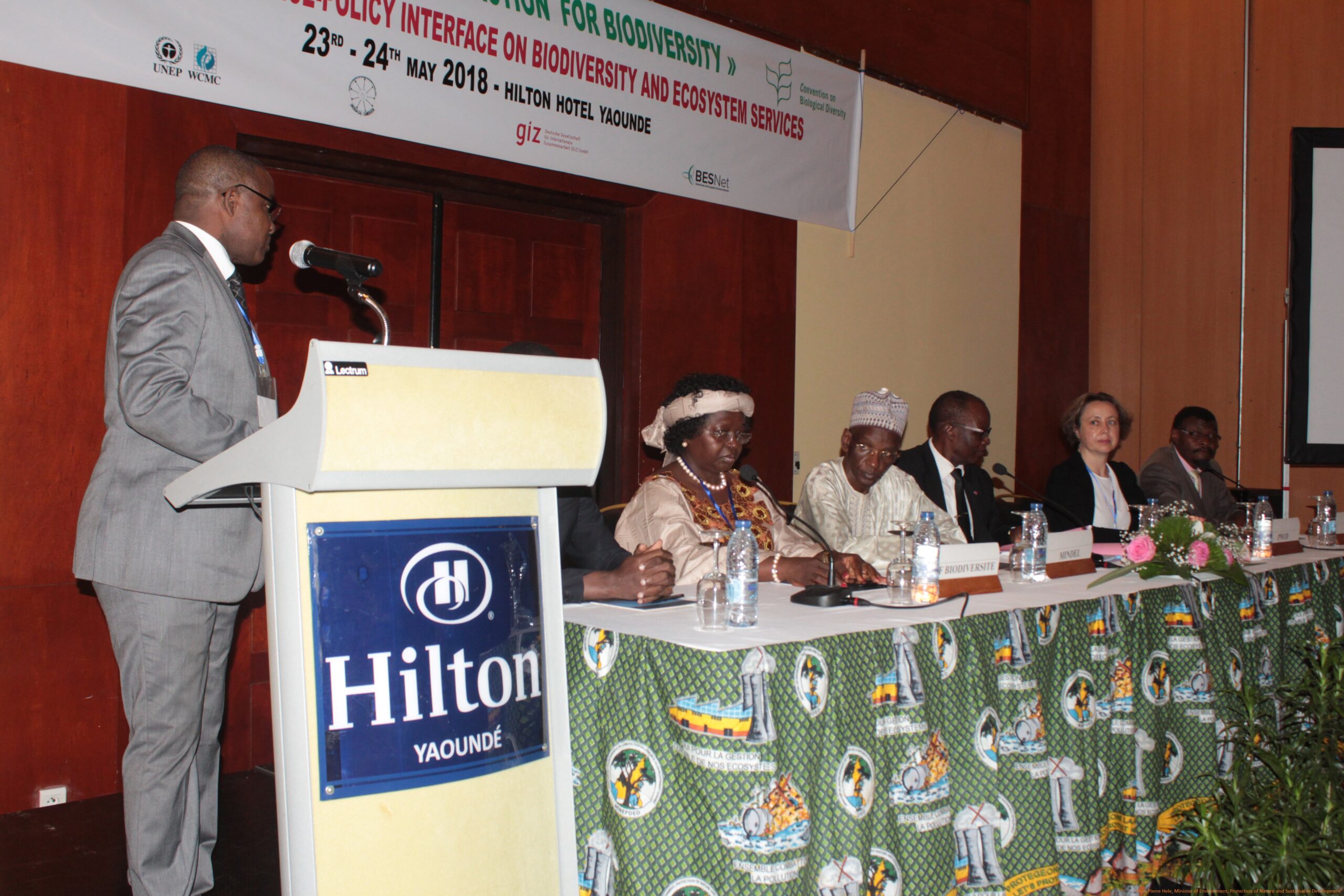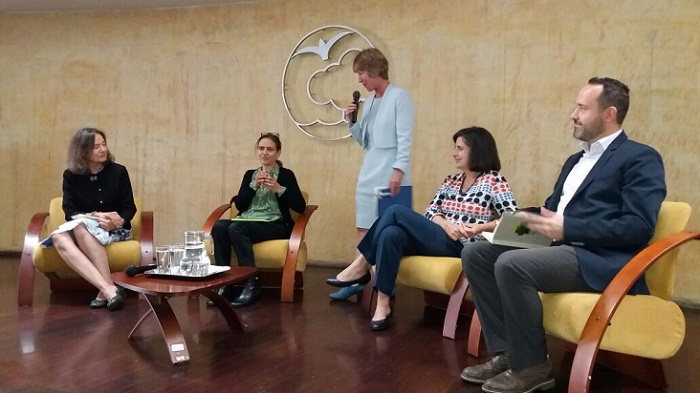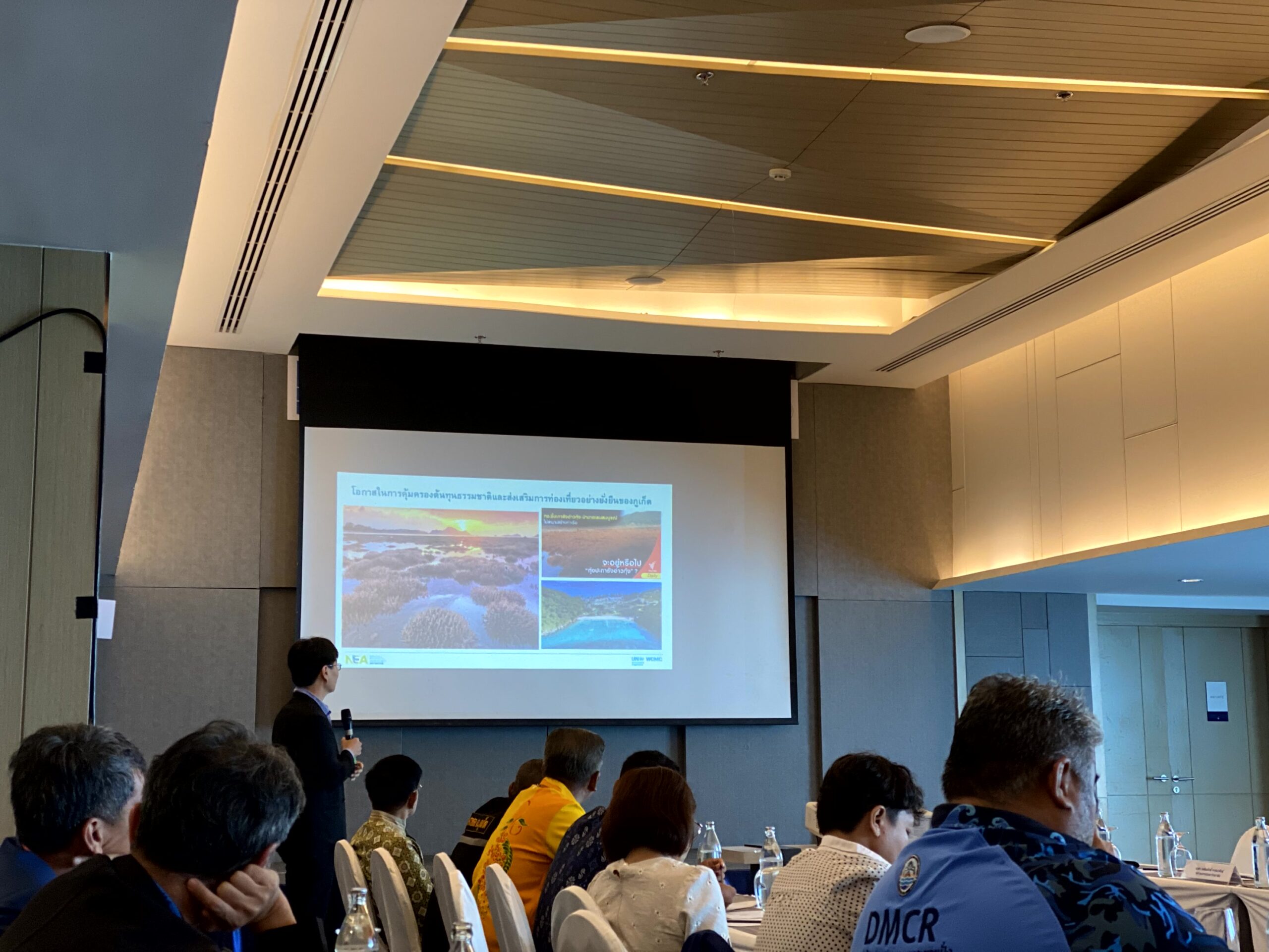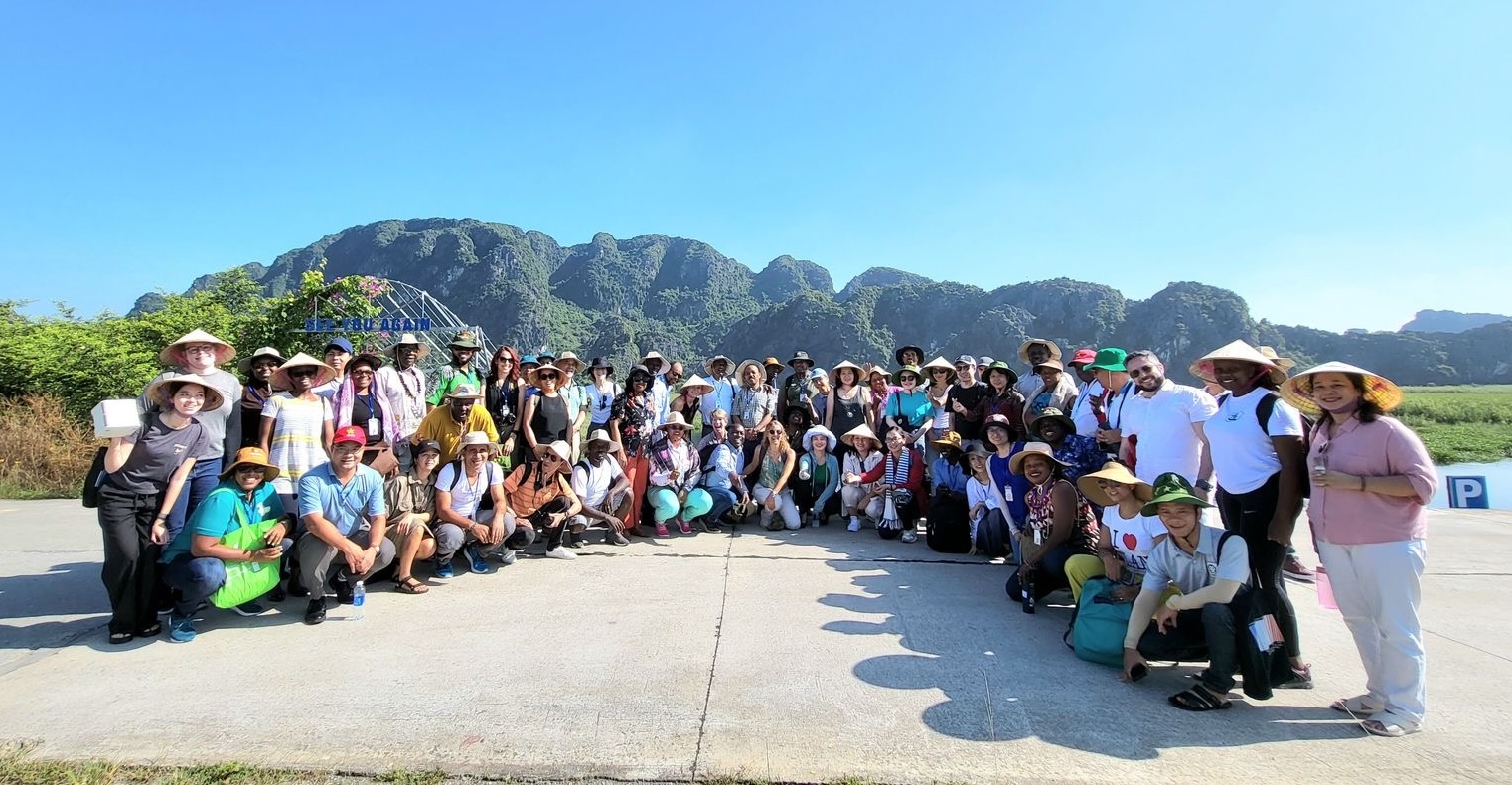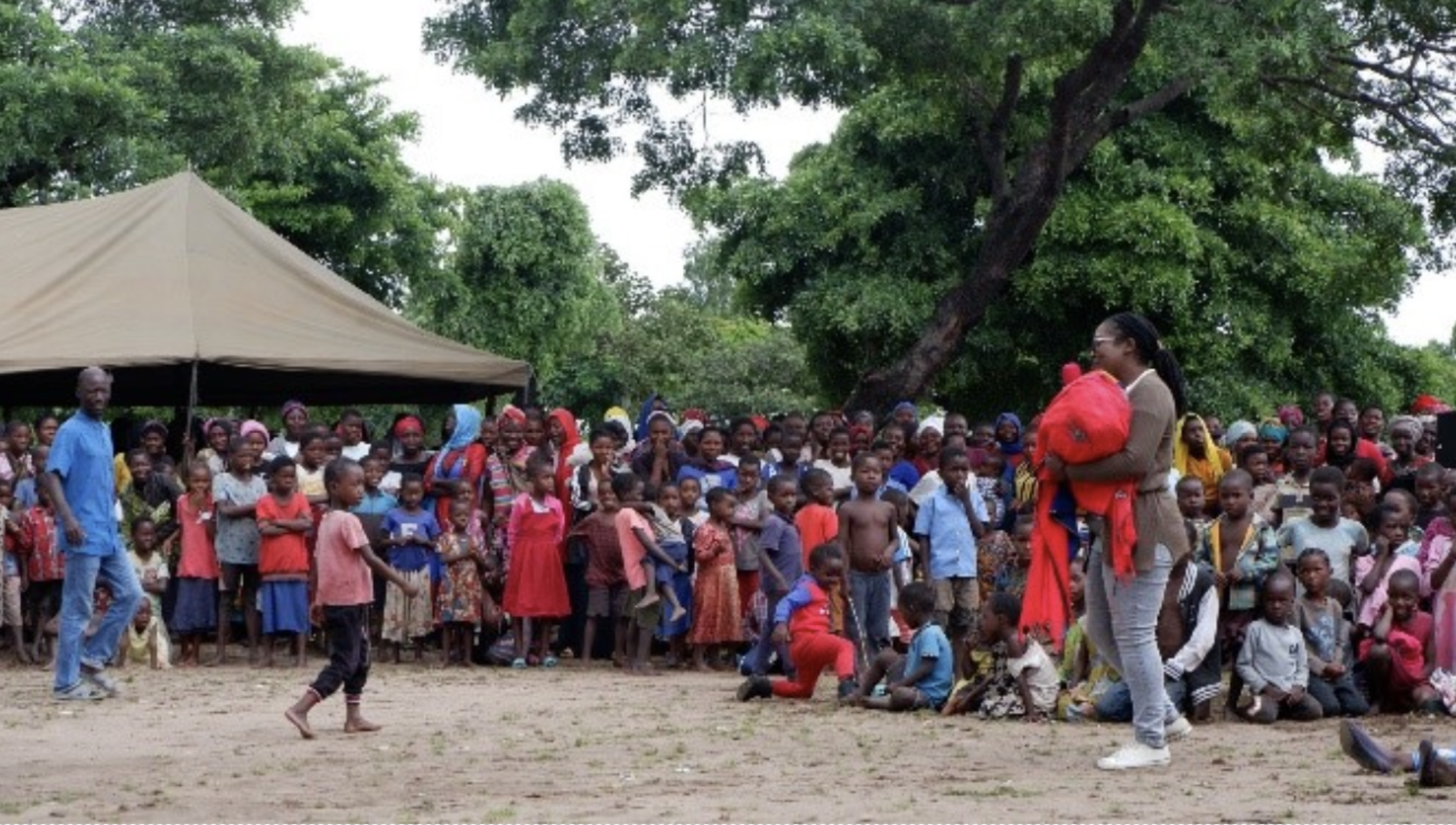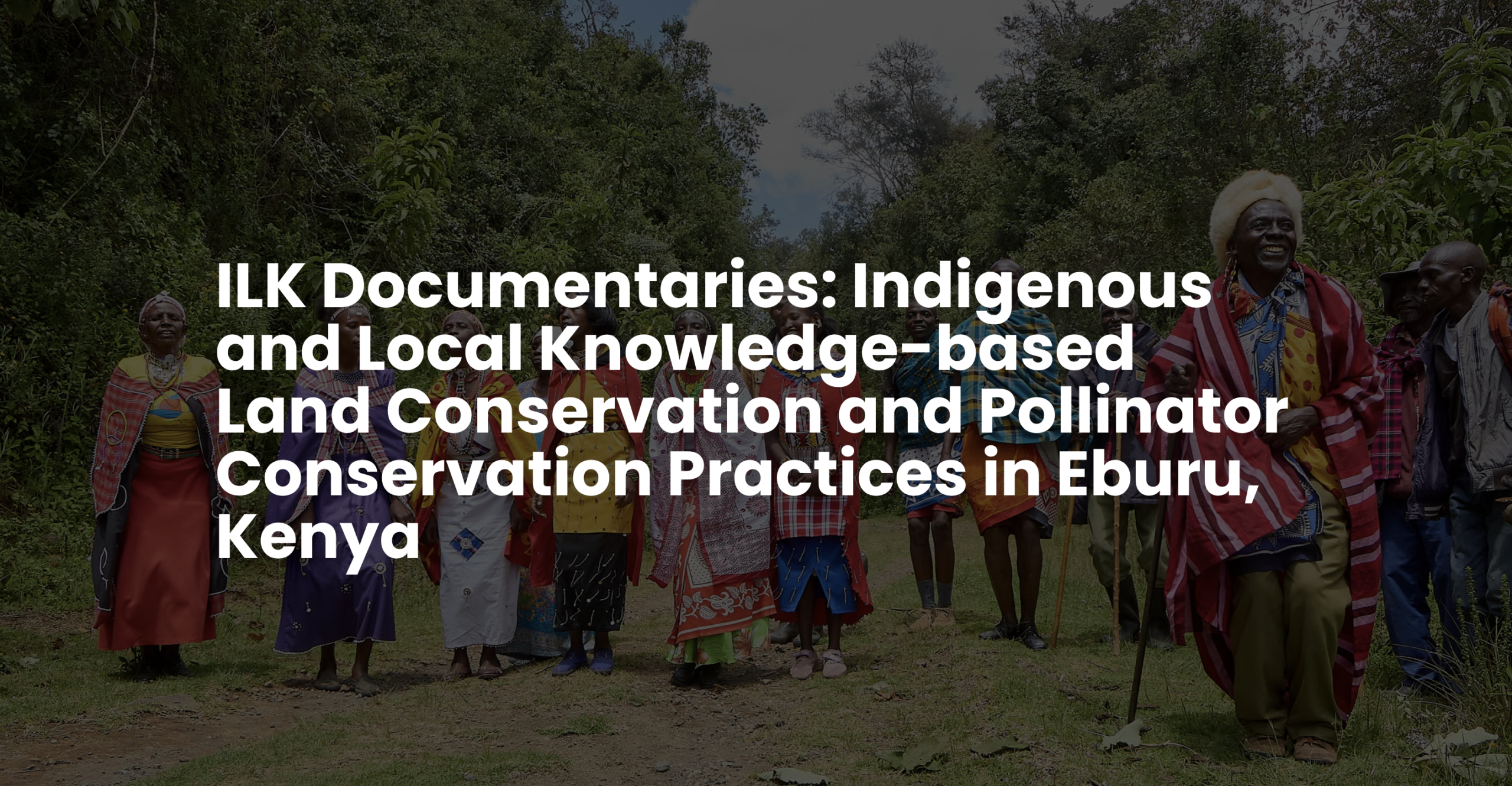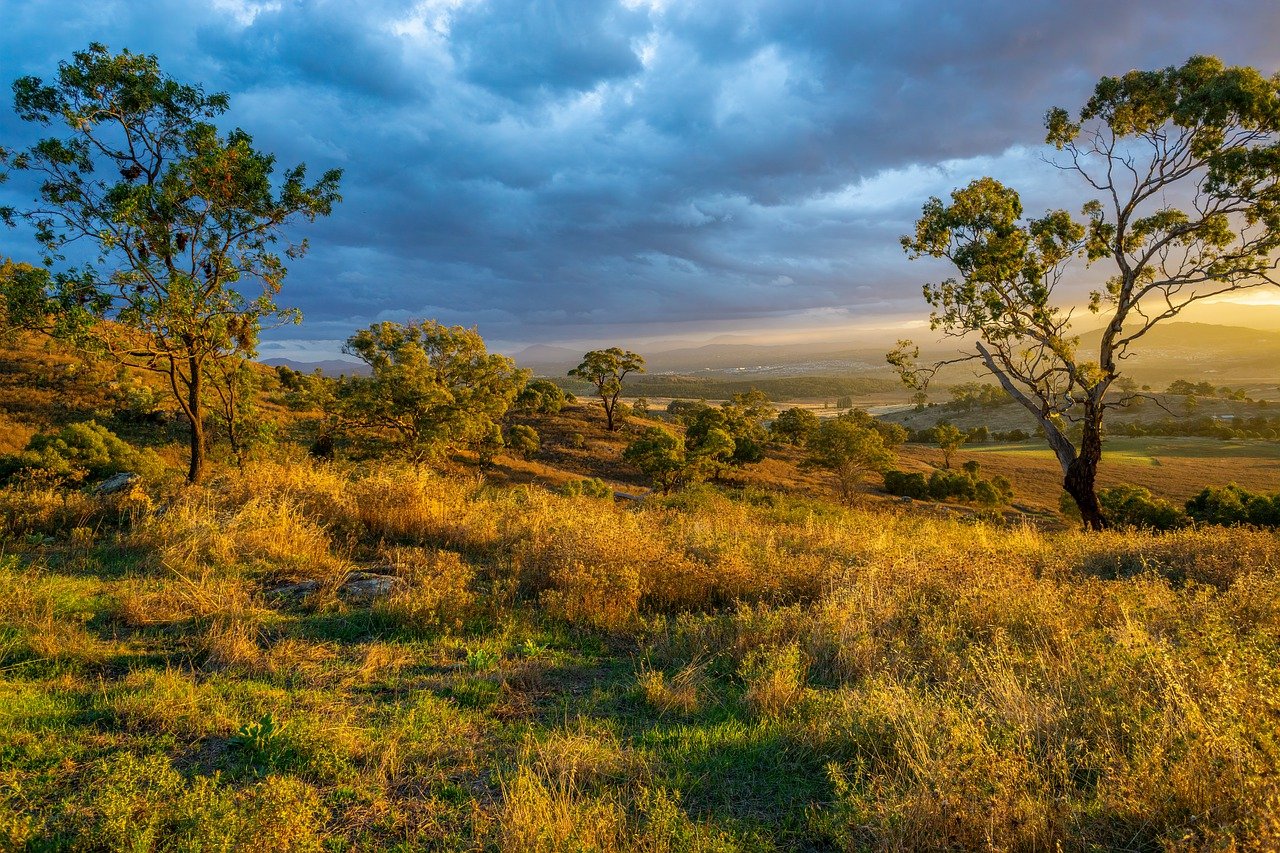The First Kenya National Trialogue: Attaining Land Degradation Neutrality (LDN) Targets and Pollinator Conservation for Food Security
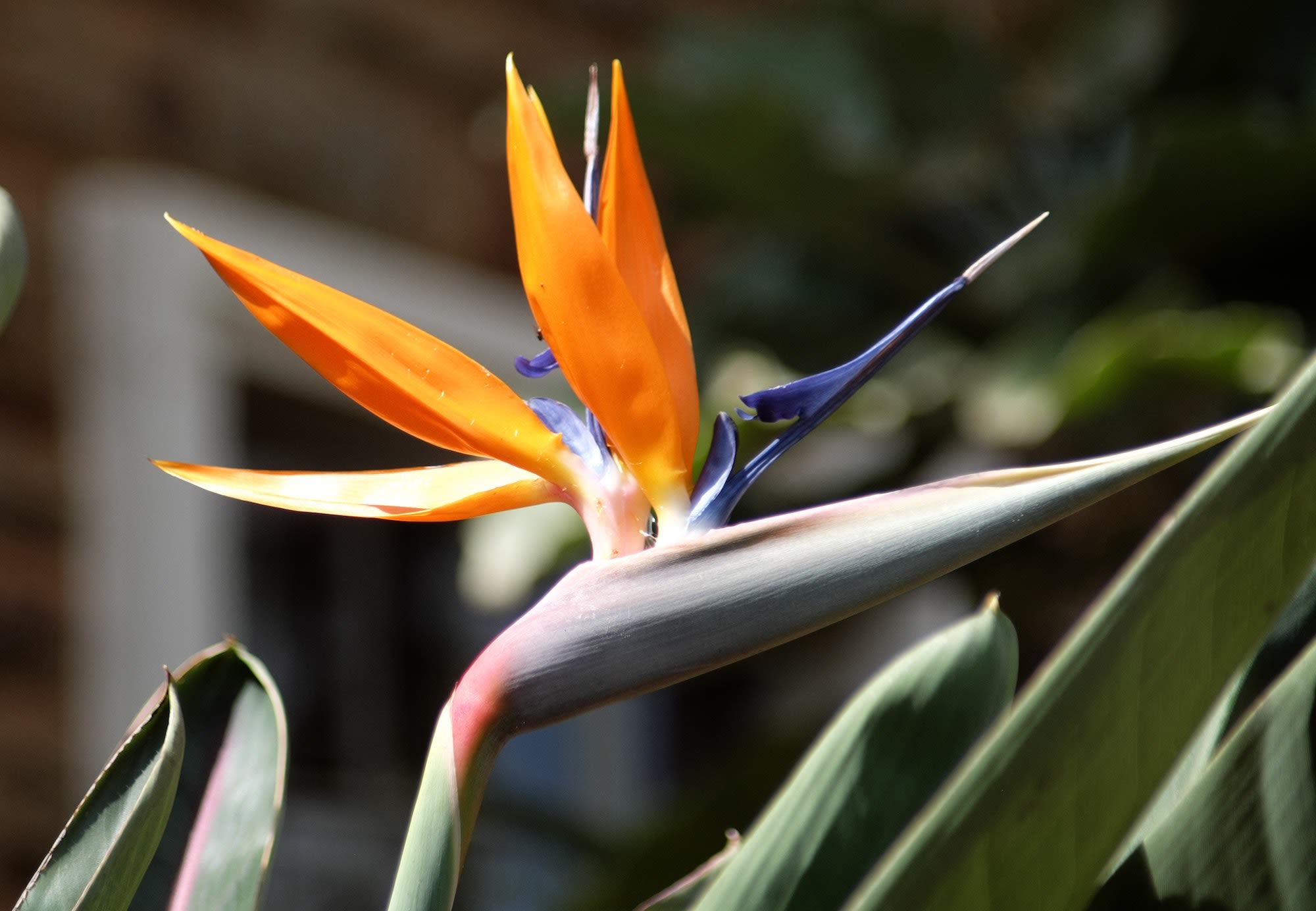
Photo by Joseph Nabendreier on Unsplash
Photo by Joseph Nabendreier on Unsplash
The National Trialogue is a BES-Net (Biodiversity and Ecosystem Services Network) initiative, uniting policy, practice and science communities around the topics of IPBES assessments, primarily land degradation and pollination. The National Trialogue in Kenya aimed to bring together and activate networks between those communities in Kenya in the interest of achieving land degradation neutrality and security through conserving biodiversity, pollinators and vital ecosystems.
During the first part, held virtually in April 2021, we set out the baseline for discussion in the areas of land degradation and pollination, with representatives from policy, practice and science sharing their knowledge and expertise. The first part brought together more than 70 professionals eager to advance those issues in Kenya and ready to take action.
In the second part, held on July 20-21, 2021, the National Trialogue went into more detail on both topics, exploring land degradation and pollination as interconnected and in the context of both agricultural and natural landscapes. The second part was about learning more from experts, sharing experiences and connecting with others to build on ongoing and create new initiatives within the Action Plan, some of which secured support from the UNDP BES-Net catalytic funds.
During the first part, held virtually in April 2021, we set out the baseline for discussion in the areas of land degradation and pollination, with representatives from policy, practice and science sharing their knowledge and expertise. The first part brought together more than 70 professionals eager to advance those issues in Kenya and ready to take action.
In the second part, held on July 20-21, 2021, the National Trialogue went into more detail on both topics, exploring land degradation and pollination as interconnected and in the context of both agricultural and natural landscapes. The second part was about learning more from experts, sharing experiences and connecting with others to build on ongoing and create new initiatives within the Action Plan, some of which secured support from the UNDP BES-Net catalytic funds.



